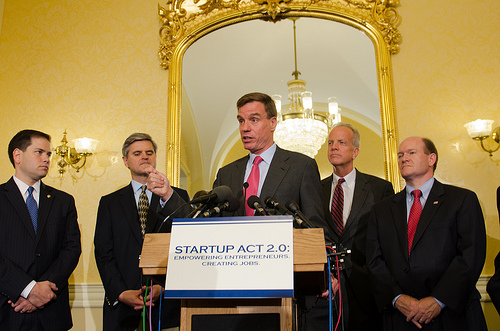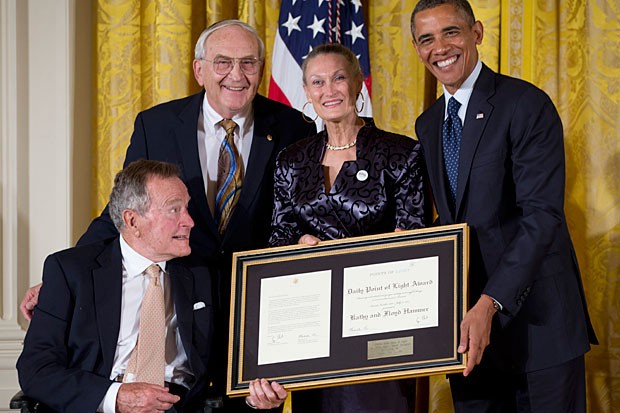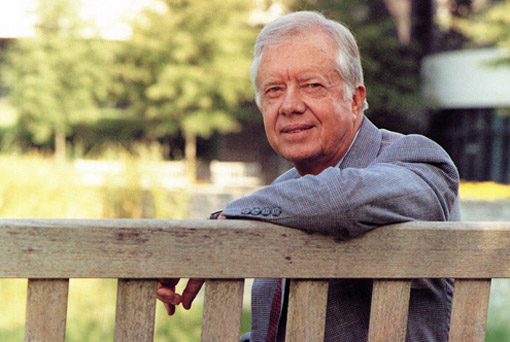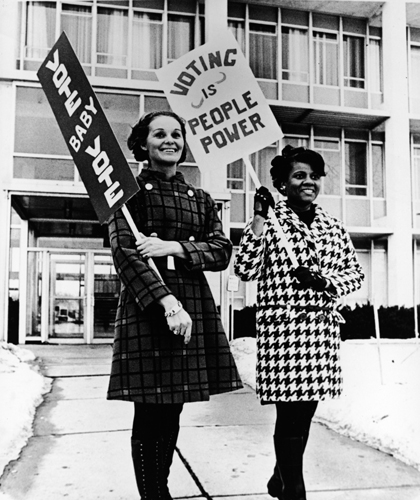Dr. Renaldo C. Blocker, Research Associate at Mayo Clinic in Rochester, Minnesota and University of Wisconsin-Madison Ph.D. graduate in Industrial and Systems Engineering, has founded, in consultation with a distinguished Executive Committee (Strategy Team) that includes doctors, lawyers, social scientists, educators, researchers, community leaders and others, the Renaldo C. Blocker Foundation. One the primary purposes of the Renaldo C. Blocker Foundation is embodied in the Foundation’s establishment of The Why You? Initiative. The Why You? Initiative strives to help ameliorate the academic, social, professional, and personal evolution of high school, undergraduate, graduate, post-graduates and young professionals who may come from low-income, marginalized, disadvantaged and/or at-risk backgrounds.
The Why You? Initiative is committed to offering practical and creative solutions and inspiration to the aforementioned individuals to empower them to unleash their maximum potential. Many leaders of this initiative come from challenging backgrounds and have had to endure difficult experiences, and those backgrounds and experiences lend themselves useful to this organization being able to equip diverse people with the knowledge, motivation, prowess, experiences, and opportunities to excel in sundry fields.
It’s the core belief of The Why You? Initiative that education is one of the most powerful vehicles for leading people to success.
The Why You? Initiative takes a comprehensive approach to offering longitudinal support to each member of its target population. Students and young professionals receive services tailored to their specific needs. At the core of what makes its services successful is the individualized mentoring technique. Each student and young professional is partnered with his or her own personal mentor. An extensive body of professional literature has revealed that the absence of mentoring is what leads to academic, professional and personal failure. This Initiative features programs and services that are based on data-driven research. The Why You? Initiative takes special care to engender a belief in its targeted students and young professionals that they have the capacity to accomplish all of their aspirations.
Some of the free services The Why You? Initiative will offer to students and young professionals across the nation are as follows: mentoring, self-esteem development, academic preparation, career placement, writing and mathematics workshops, research and internship experiences, life skills training and image/branding management.
Revolutionary Paideia announces that it will be one of the first sponsors of The Why You? Initiative and the future work of the Renaldo C. Blocker Foundation. Revolutionary Paideia endorses The Why You? Initiative and the Renaldo C. Blocker Foundation as a whole.
Help Dr. Renaldo C. Blocker and his distinguished Executive Committee (Strategy Team) to help deserving students and young professionals across the nation to be equipped to succeed academically, professionally, and personally. Click on the following address to donate today: http://www.whyyou.org/. Give as often as you can and as much as you can. Any amount you give will be greatly appreciated. No amount is too small and no amount is too large. Help a person in need today by making your donation and sharing this article and information about The Why You? Initiative with others.
Thank you for your support.
Dr. Antonio Maurice Daniels
University of Wisconsin-Madison









